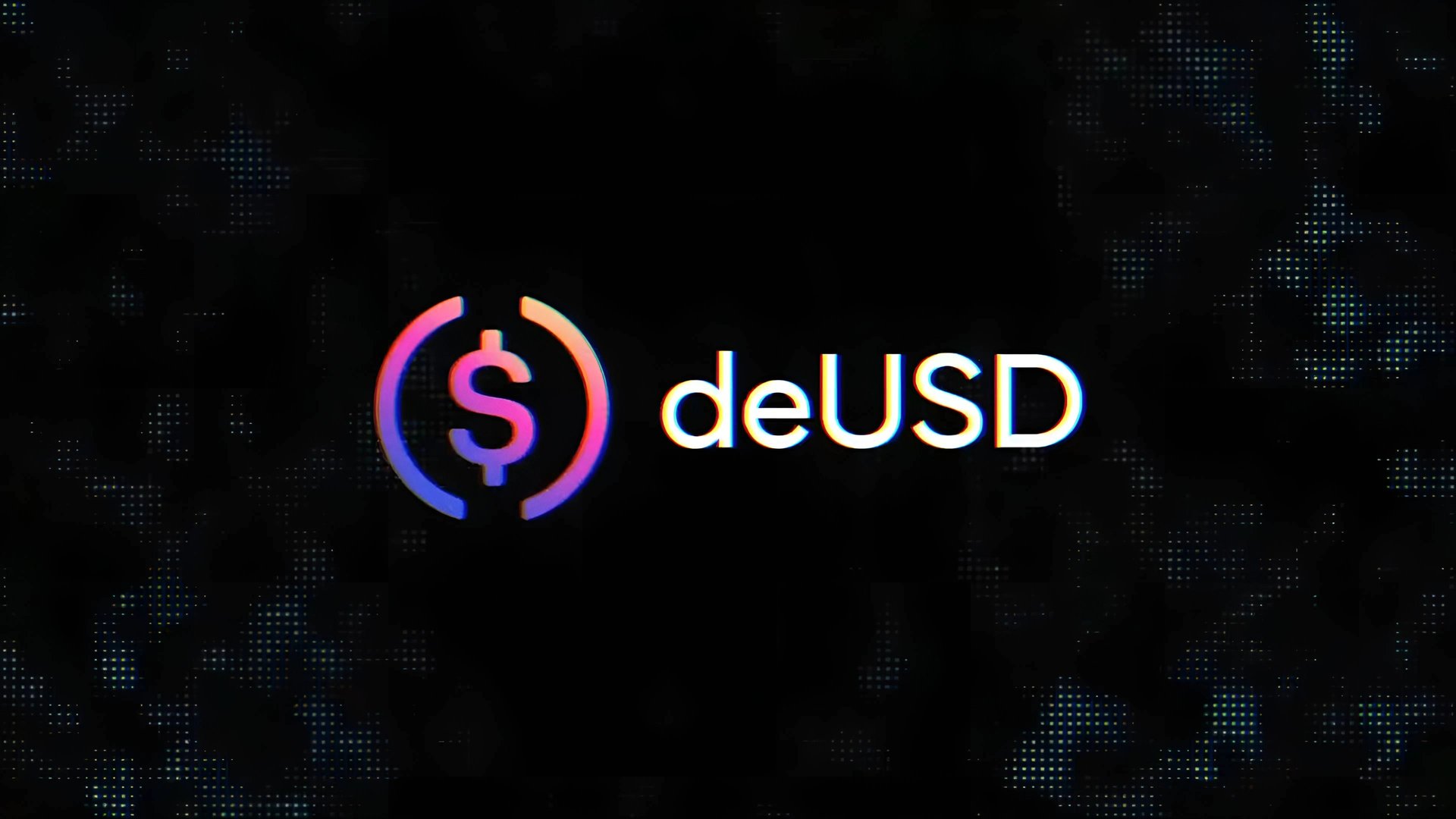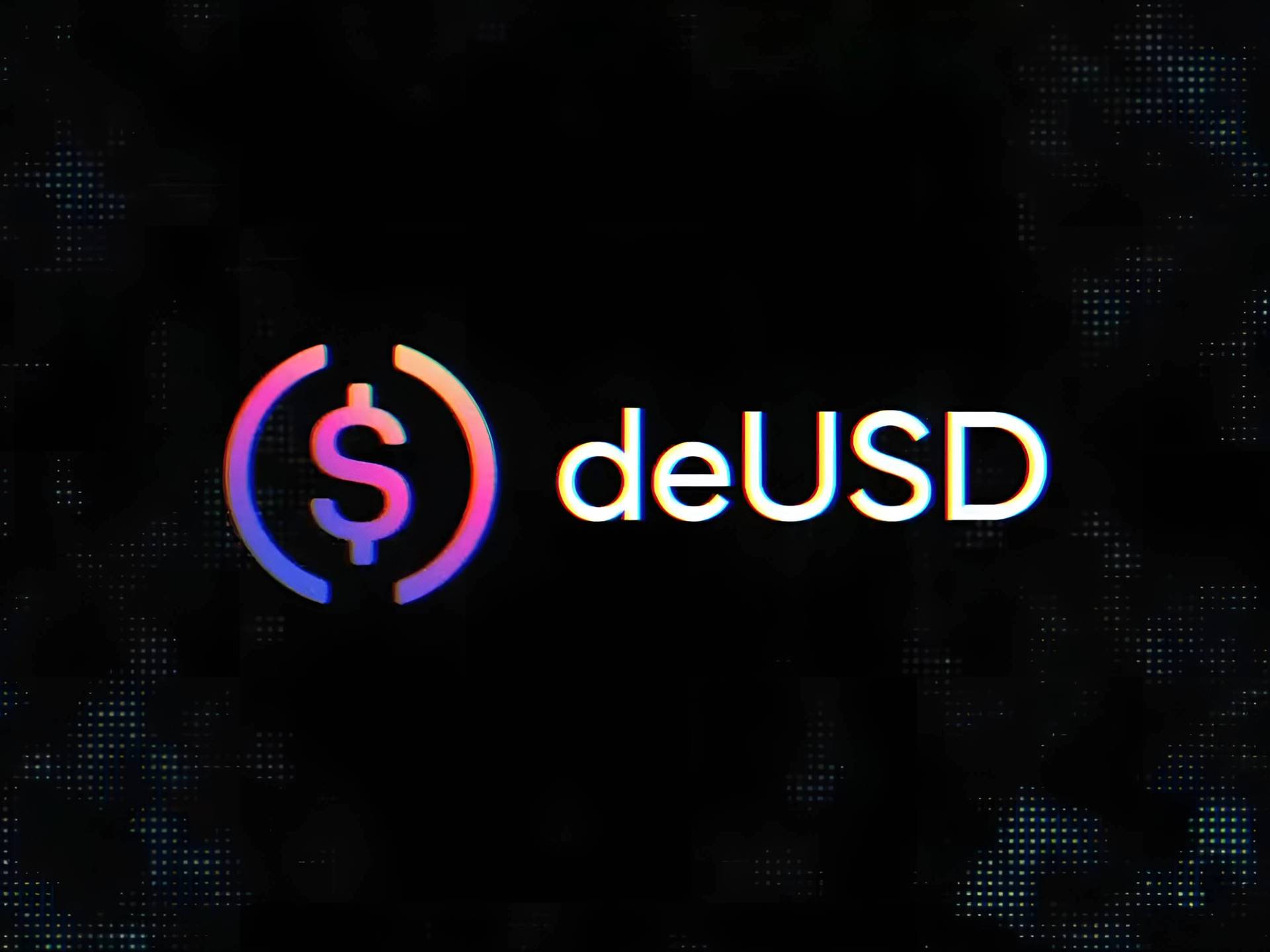订阅 wiki
Share wiki
Bookmark
Elixir deUSD (DEUSD)
Elixir deUSD (DEUSD)
deUSD 是由 Elixir 网络开发的去中心化合成美元。它是一种完全抵押的稳定币,旨在为去中心化和中心化交易所提供稳定性和流动性。deUSD 使用 stETH 和 sDAI 作为抵押品,旨在缓解资金费率波动。它集成在 Elixir 生态系统中,在流动性提供和收益机会方面发挥作用,为去中心化金融 (DeFi) 的基础设施做出贡献。 [1] [2][3]

概述
deUSD(“去中心化美元”)是由 Elixir 网络创建的合成美元,通过 stETH 和 sDAI 等资产完全抵押。该协议利用这些资产通过做空 ETH 来维持 delta 中性头寸,同时利用以太坊内的资金费率套利来铸造 deUSD。即使在负资金环境中,deUSD 的结构也能保持稳定。
在 Elixir 生态系统中,deUSD 作为网络支持的交易所的首选抵押品,增强了订单簿交易所的流动性,并为用户提供了赚取收益的机会。其未来的目标包括成为一种跨链货币,原生集成到 DeFi 系统中。
在初始引导阶段,协议的收入将用于超额抵押基金 (OCF),该基金主要由 sDAI 和 Tether 组成。值得注意的是,deUSD 没有美元抵押,也没有任何发行人为其维持美元储备。 [1][2][3][4]
主要特点
去中心化
Elixir 网络通过可验证的证明、开源代码和链上流动性为 deUSD 提供去中心化执行。随着时间的推移,该系统旨在实现 deUSD 的无需许可的铸造和赎回,用户可以在链上完全互动。
负资金条件下的弹性
为了最大限度地减少在负资金环境中的风险敞口,deUSD 通过 Elixir 网络调整其抵押品,确保在不利条件下的稳定性。
Elixir 生态系统内的抵押品使用
deUSD 被 Elixir 生态系统内的多个订单簿 DEX 接受为抵押品,从而增强了流动性并有助于订单簿深度。
超额抵押基金 (OCF)
超额抵押基金 (OCF) 支持 deUSD 的弹性,尤其是在具有挑战性的市场条件下。其主要作用是管理与在负资金环境中执行向 sDAI 过渡相关的成本,通过将抵押品转换为 sDAI 来最大限度地减少负基差交易的风险敞口,sDAI 通过 MakerDAO 的 T-Bill 协议产生收益。
OCF 根据协议内预定义的健康因素运作。如果基金的健康状况下降,系统将切换到防御模式,减少风险敞口并将抵押品转换为 sDAI。在正资金期间,OCF 允许 deUSD 获得额外的收益,从而平衡风险和回报。 [1][2][4][5]
代币经济学
deUSD 作为一种合成资产运作,主要由 stETH 和 sDAI 支持。这些资产用于管理头寸并通过 OCF 提供稳定的收益。抵押品根据协议的健康状况动态调整,以在正负资金费率环境中保持稳定性。
deUSD 与中心化和去中心化交易所集成,授权参与者(如做市商)可以在其中铸造和赎回 deUSD 以换取抵押品。去中心化协议促进交易执行和流动性提供。 [1][2][3]
ELX 代币是 Elixir 网络的治理和实用代币。在主网启动后,ELX 持有者将能够对治理决策进行投票,包括网络中的费用分配。验证者需要质押 ELX 代币,以激励他们保护网络。 [1][2]
发现错误了吗?
